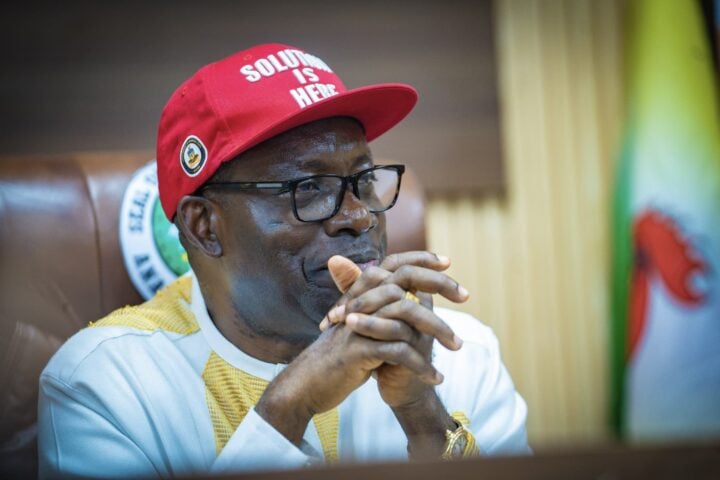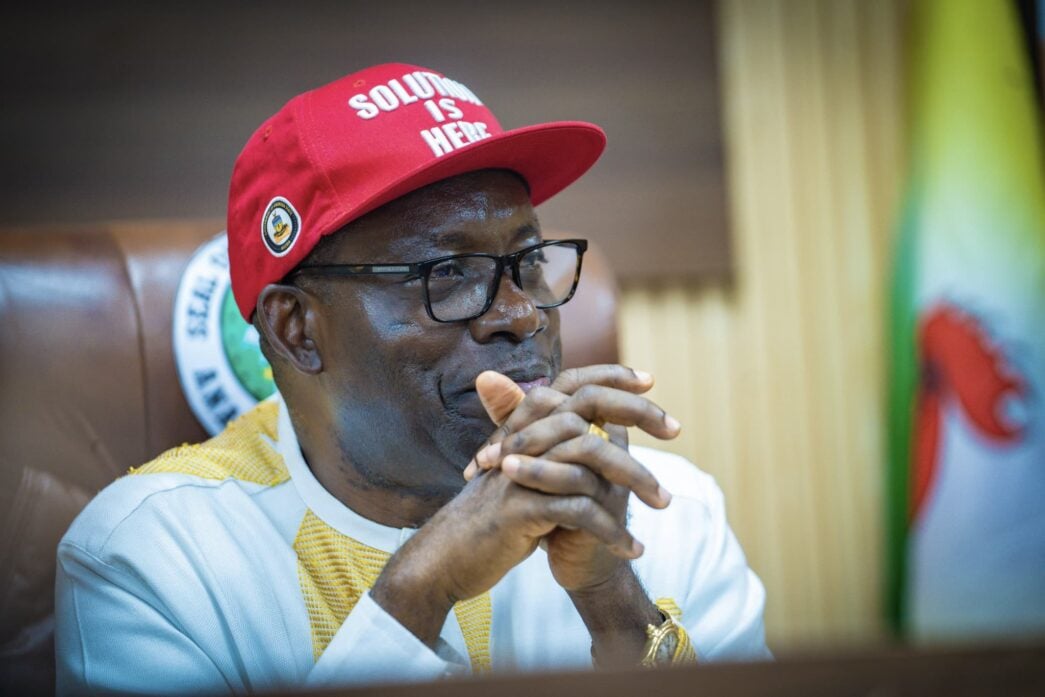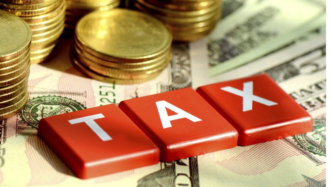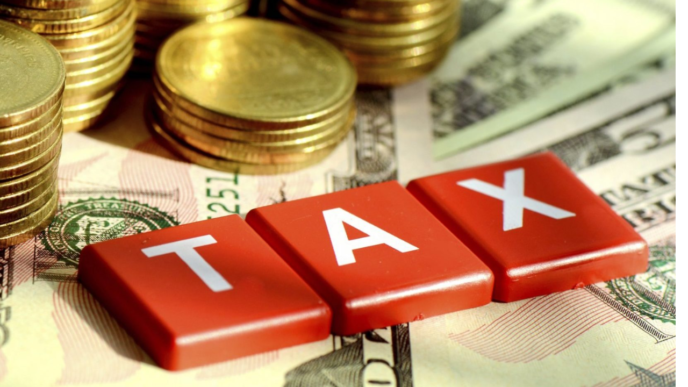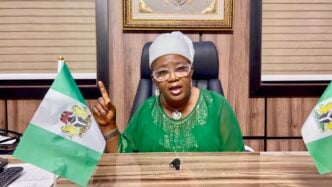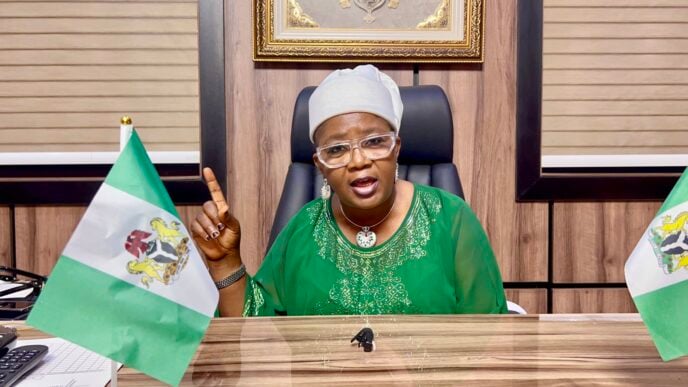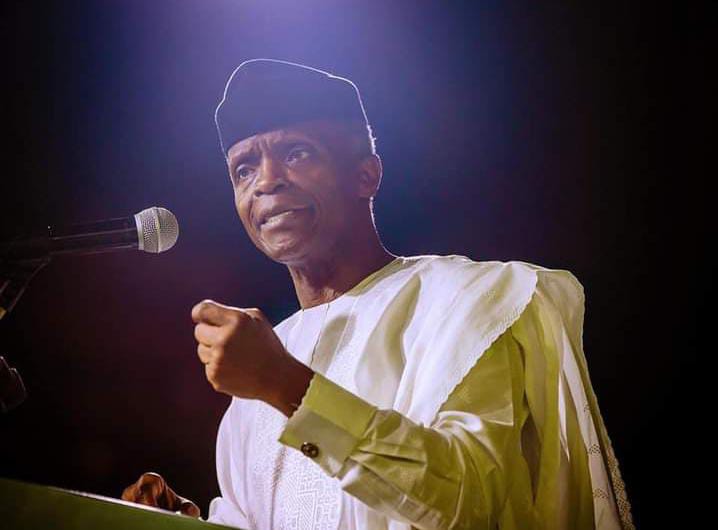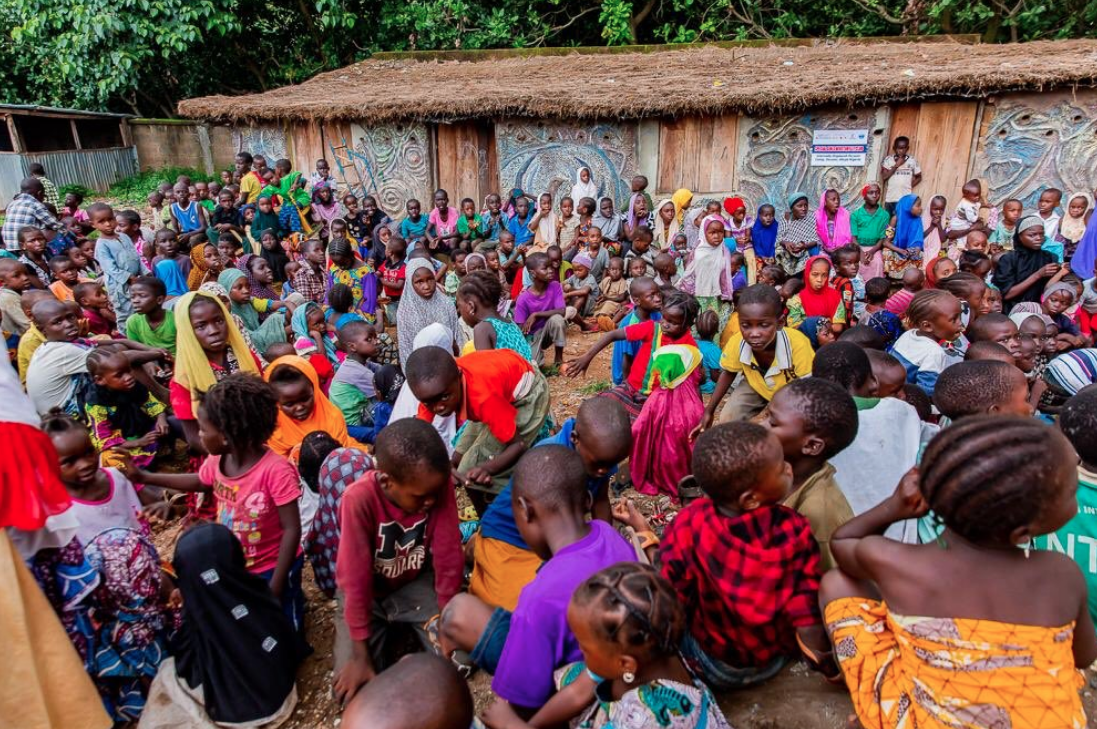Chukwuma Soludo
Next week – on the 9th of October – Anambra State’s Bureau of Public Procurement will receive the ‘’Excellence in Digital Public Procurement Award’’ in the Nigeria Govtech Conference and Awards 2025, which is organized by the Bureau of Public Service Reforms (BPSR). The selection process for this award is a rigorous process which comprises of voting across various media platforms and an independent review by experts. This award will be received on behalf of the Anambra State Government by the General Manager, Anambra State Bureau of Public Procurement, Arc. Okey Ezeobi. The award is a recognition of Governor Chukwuma Soludo’s significant reforms in the Anambra public procurement ecosystem.
BPSR, which is domiciled in the Presidency, was established in 2004 by the Federal Government to initiate, coordinate and ensure full implementation of public service reforms in Nigeria. The BPSR is headed by a Director-General, who reports directly to the Presidency through the Secretary to the Government of the Federation. The BPSR is part of President Olusegun Obasanjo’s wide-ranging 1999/2000 reform agenda to address inefficiency, bureaucracy, lack of transparency and accountability in the Nigerian public service. Today, BPSR spearheads reform initiatives such as SERVICOM and the National Strategy for Public Service Reform.
On the campaign trail for the Anambra 2022 elections, Governor Soludo (then an aspirant) promised the Anambra electorate that he would give account of any kobo spent in his administration. Today, BPSR’s award shows that Governor Soludo is walking the talk. Governor Soludo was a key member of President Olusegun Obasanjo’s economic team which drove these procurement reforms. Today, as governor of Anambra State, Soludo is cementing this reform in Anambra.
This award to Anambra is significant in many ways: digitization of procurement activities eliminates corruption and the award shows the progress being made at the subnational level in terms of public procurement. Procurement lapses have been a major issue in subnational governments and Nigeria cannot develop if this issue is not addressed. In 2019, for example, civil society groups in Cross River State raised concern about road contracts awarded without competitive bidding processes and with inflated costs compared to federal benchmarks. Also, sometime in 2020, a government review committee in Imo State found that many road contracts awarded under a previous administration had no proper documentation and payment were made upfront without any evidence of work done. These are just a few examples of procurement related lapses/allegations that have been reported in the media at the subnational level.
Advertisement
Nigeria’s procurement challenge has a long history. Fortunately, many states’ Bureau of Public Procurement have helped to curb some of the inefficiencies in the public procurement space in Nigeria. In 1999/2000, Transparency International rated Nigeria among the most corrupt countries in the world. At about the same time, the World Bank’s Country Procurement Assessment Report (CPAR, 2000) reported that Nigeria was losing about $10 billion annually due to inflated contracts and poor procurement practices – such as contract inflation, lack of competition and weak project oversight. The report went on to state that the country lost roughly 60 kobo out of every 1 Naira spent on public procurement due to these practices. In response to this, President Olusegun Obasanjo launched the Budget Monitoring and Price Intelligence Unit (BMPIU) in 2001, popularly called the “Due Process Office”.
With the success of the BMPIU and with pressure from the World Bank, Nigeria passed the Public Procurement Act (PPA) 2007, creating the Bureau of Public Procurement (BPP). Since then, subnational governments have domesticated this Act. This column believes that the BPP will continue to improve on its effectiveness as they mature.
Interestingly, in 2005, the Paris Club debt forgiveness deal required Nigeria to demonstrate reforms in procurement and financial management. Nigeria’s procurement reform and the subsequent creation of the BPP were a major part of evidence provided for the debt forgiveness.
Advertisement
Today, Governor Soludo has revolutionized public procurement in Anambra. There are many stories that show that Anambra has improved tremendously. For example, in 2006, a contractor, Auto Alternative Ltd, claimed that it was contracted to supply two Shandong Engineering Machinery (SEM) wheel loaders to the state government but, unfortunately, Auto Alternative Ltd also claimed that the wheel loaders were delivered but after submitting an invoice for payment the company found that payment had been made to Benflo Ltd for the particular procurement. In the lawsuit that ensued, Benflo Ltd also claimed it supplied Shandong Engineering Machinery (SEM) wheel loaders. Had Anambra had a strong procurement culture and processes then, stories like this would not have come up in the first place.
The people of Anambra are getting value for their money and this explains why Governor Soludo has been able to achieve so much within a three-year period. Soludo only has one secret that has helped him to achieve so much and the secret is: prudent and efficient management of resources.
Nwankwo is the Special Adviser to Soludo on Special Projects.
Advertisement
Views expressed by contributors are strictly personal and not of TheCable.

